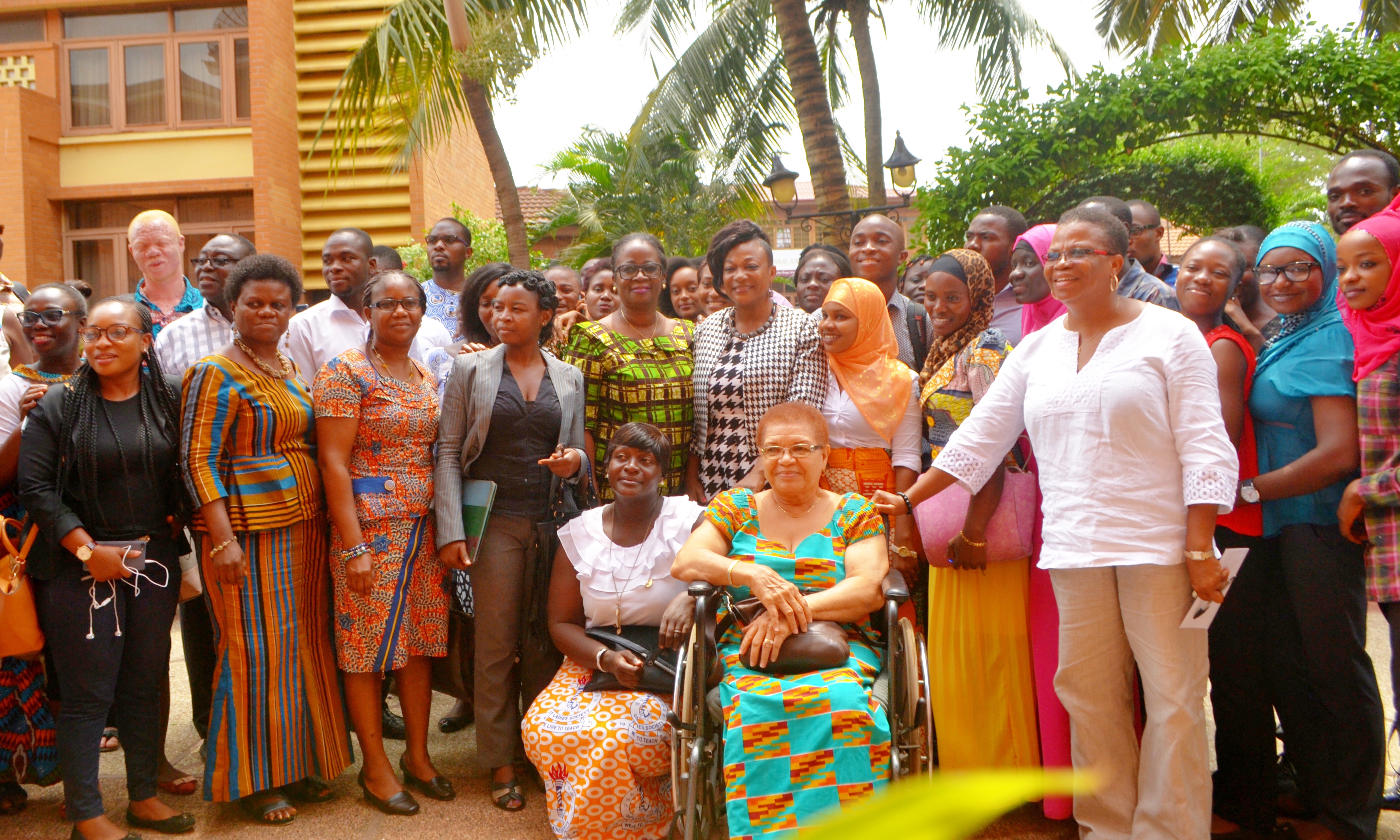Today, March 8, 2017 is International Women’s Day. The worldwide celebration of this day each year provides an opportunity to celebrate women and their achievements while highlighting opportunities for progressive interventions to improve women’s empowerment and gender parity in all spheres of human endeavour.
On the occasion of the 2017 International Women’s Day, the Media Foundation for West Africa (MFWA) salutes women in West Africa and beyond for their courage, sacrifices and resourcefulness that continue to contribute to development at the individual level, national and the world at large.
While commending women, we call on governments, corporate institutions and all relevant stakeholders to make conscious efforts to create equal opportunities and enabling environment for women in the world of work, in tandem with the UN 2017 International Women’s Day focus, “Women in the Changing World of Work: Planet 50-50.” This focus is intended to contribute to creating a world of work where gender parity is respected at all levels by 2030.
In line with this focus, the MFWA encourages women to assert themselves as change makers for their own empowerment. The focus of this year’s theme is significant as it rallies all women across the globe to confront the challenges that for years have marginalized them within the social strata.
The MFWA thus calls on the media, men and women, women’s groups, governments and other well-meaning individuals to take specific actions that will help accelerate the gender parity drive in order to achieve Planet 50-50.
While steps are being taken to achieve gender parity offline, similar efforts should be channeled to the online world to ensure that women are equally taking advantage of the unprecedented opportunities the Internet offers for economic empowerment.
Access to safe, affordable and reliable Internet can greatly expand opportunities for women. Unfortunately, significant obstacles such as high cost of data, limited digital literacy, lack of relevant content and online safety issues continue to curtail the ability of women to take advantage of the potential Internet offers. Given that the internet and ICTs in general are indispensable, especially in formal work settings, these barriers automatically translate into fewer opportunities of employment for women.
A concerted effort is, therefore, needed to bridge the gender digital gap to ensure that women are not left out in the digital economy. The MFWA has, for instance, produced a policy brief on the Gender Dimensions of Internet Rights that highlights major challenges affecting women’s access and use of the Internet with specific recommendations to help improve the situation. Key among these recommendations is the need to recognise and promote technology and the internet as crucial factors for women’s advancement. It was further recommended that women and girls should be encouraged to study Science, Technology and Mathematics.
Closely related to the above initiative, the organisation has, in partnership with the Web Foundation, produced a Report Card on Women’s Rights Online in Ghana (to be launched in May 2017) to again propose specific interventions that need to be taken to bridge the gender digital gap.
The MFWA is therefore calling on government and other stakeholders to act on the recommendations made and initiate steps that will help empower women for the achievement of Planet 50-50. We also urge governments, corporate entities and all employers to adopt gender parity policies to create equal opportunities for both men and women in the world of work.
